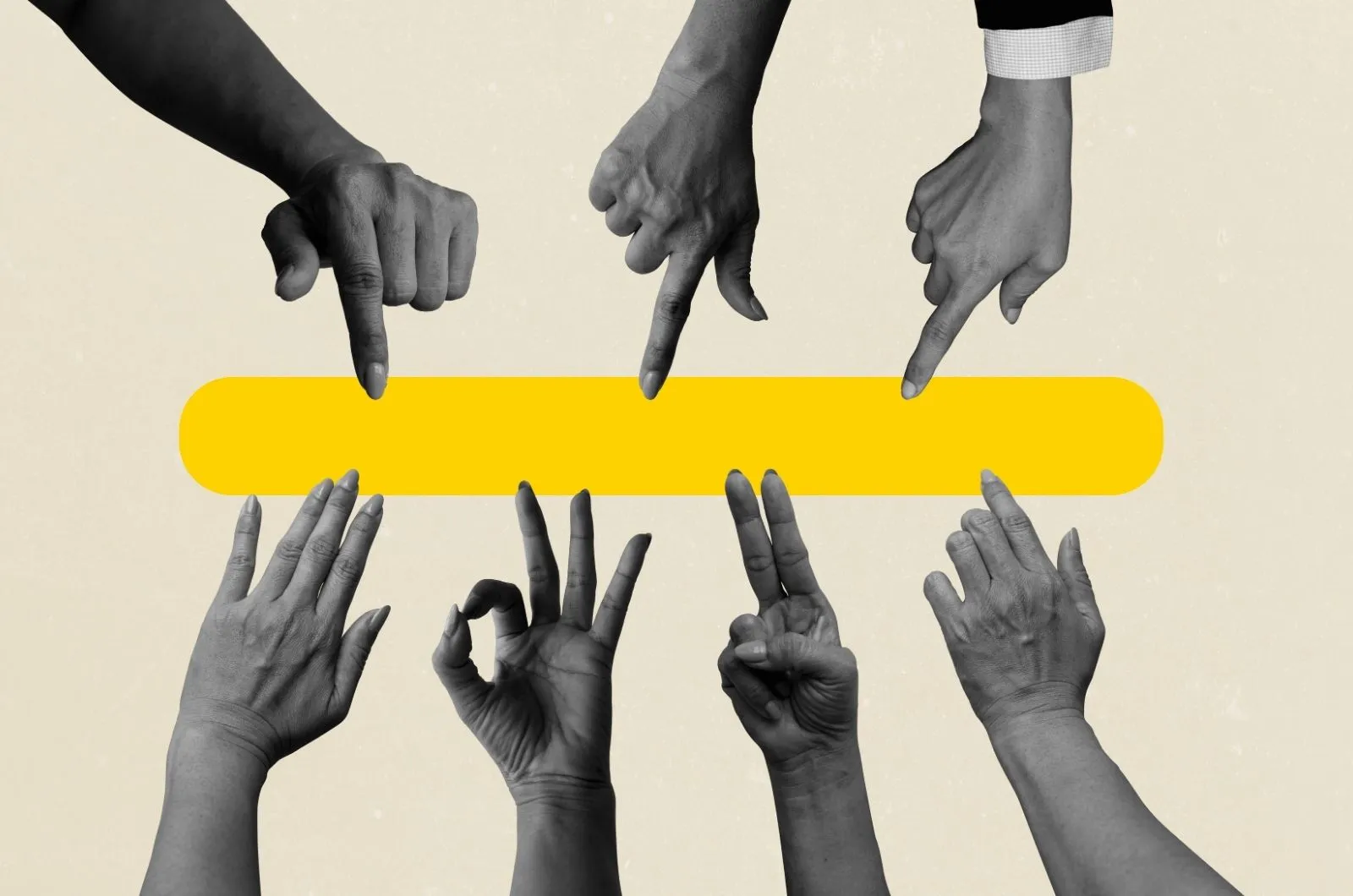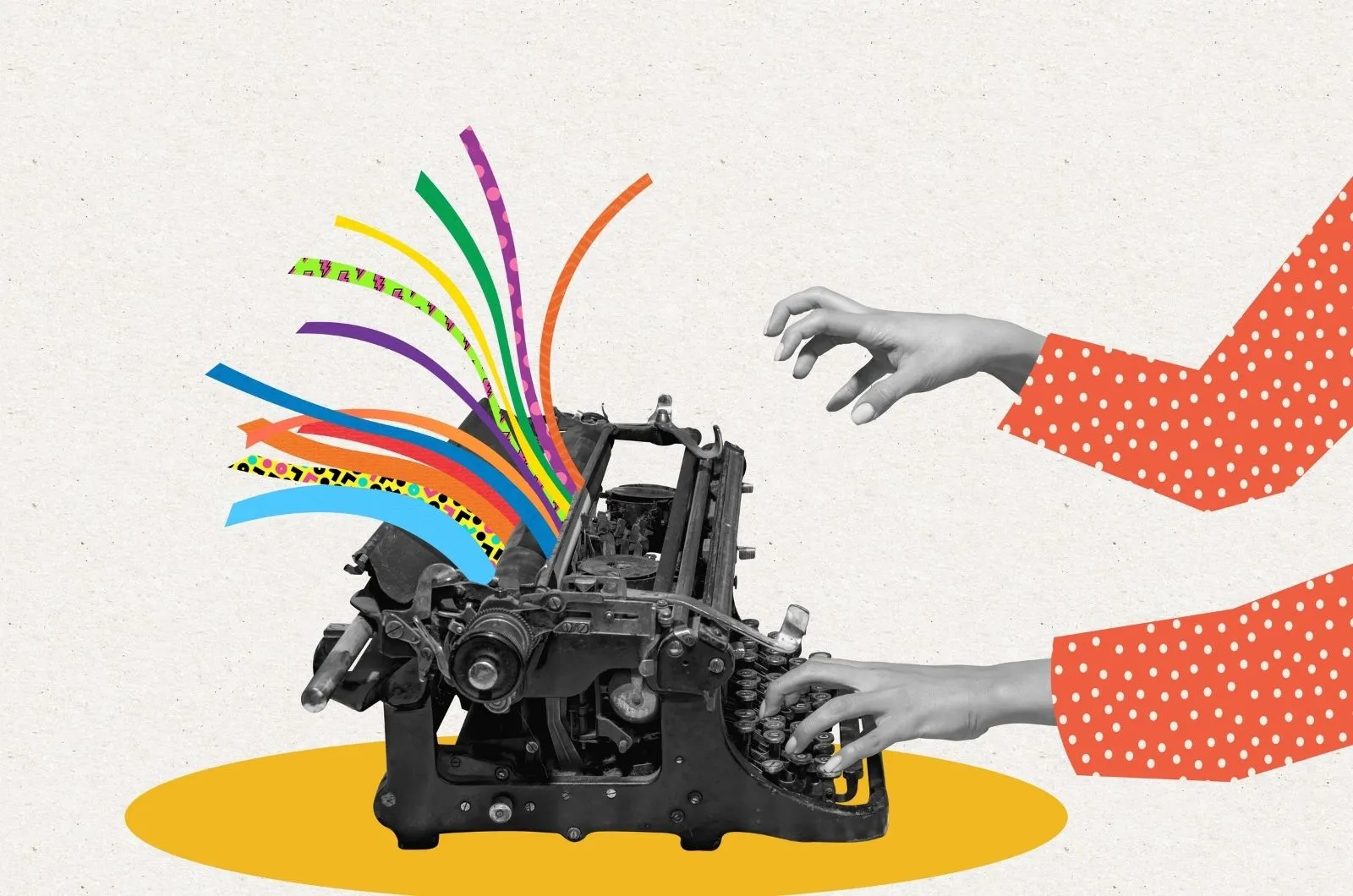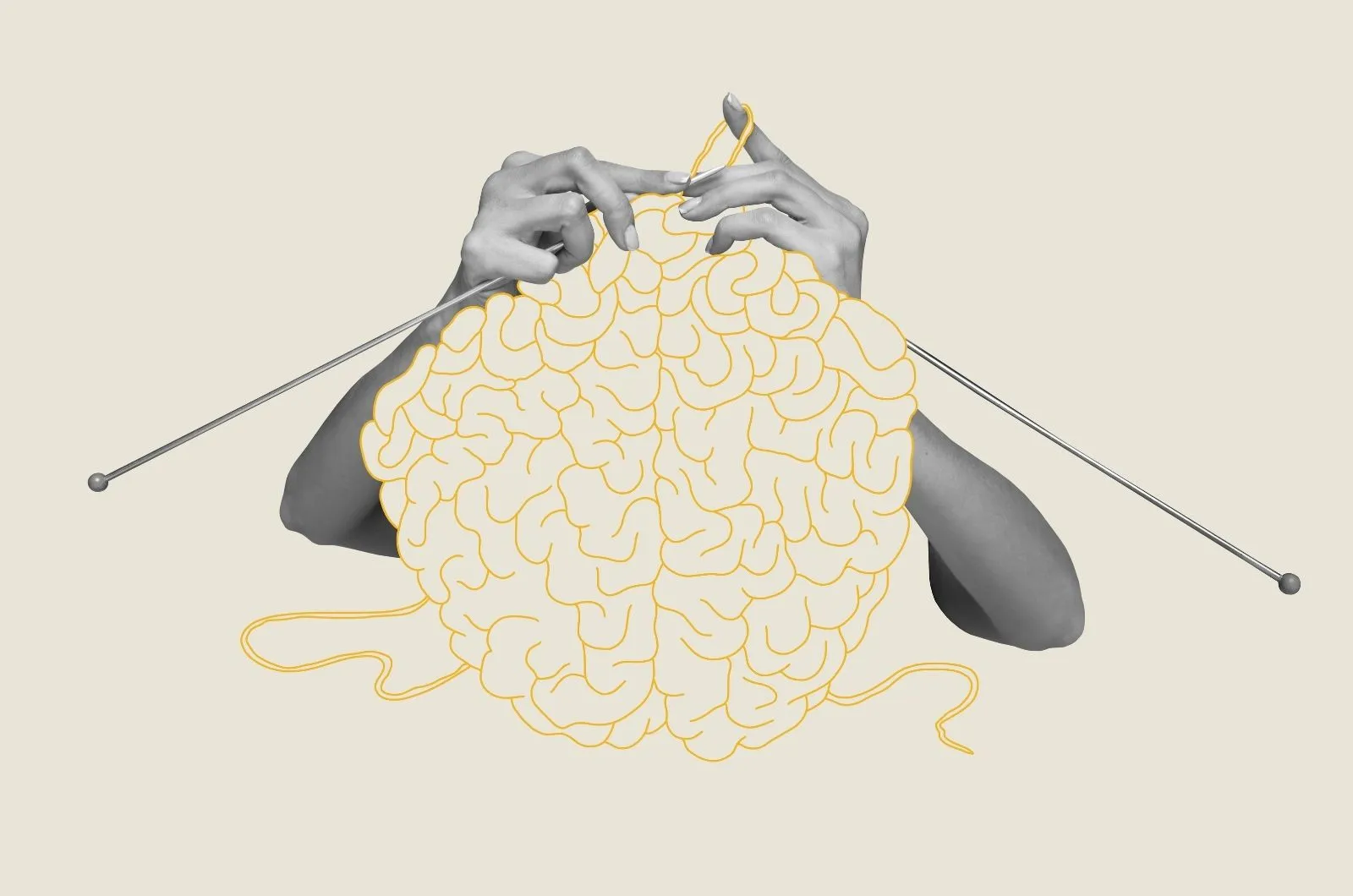Community of Practice
Communications Working Group
The power of narrative
The dreams of a society lie hidden in the stories it tells. Every story speaks of the ocean to those who are already within it — and the discovery of that ocean begins with a single thought.
The power of narrative lies in its ability to frame the scattered, irregular, sometimes coincidental, sometimes accidental, and often inconsistent events that unfold within the ordinary flow of daily life. Within this frame, we find the answer to the question “why.” We are curious about that answer — but perhaps more importantly, it gives us the connections we need to understand the present and change the future.
If we want to stop human-induced climate change, our first question must be: what is its cause? If we want to consign wars to history: what causes them? To end poverty, we must know its cause. Why is the migration of young generations from this country accelerating every day? Why can’t Israel’s genocide in Palestine be stopped?
And after such questions, we are faced with a simple truth: even about these, we have no answers we can all agree on — not even to such fundamental questions! And it’s already the year 2025! What is astonishing is that every answer is itself a story. It is narratives that build our answers.
That is why changing narratives is one of the most profound ways to transform the world.

Today, the ongoing struggles for freedom, justice, and peace across the world are, at the same time, efforts to assert alternative narratives of reality.
In the face of growing economic and political conflicts, regimes that seek refuge in security and war policies as supposed solutions are trying either to silence or render invisible those who defend human rights, justice, and solidarity — and to monopolize the answers to the question of “why.” The success of these policies will depend on how effectively those responsible for the current state of the world can convince their people to “lose faith in democracy” and “embrace authoritarianism as the only remedy.”
Yet the ground for alternative answers to the question of “why” continues to be cultivated by civil society — unyielding and defiant of monopoly. Across the world, it resists silencing and erasure by telling the untold stories, keeping critical thought alive, and acting for change, contributing to the making of unwritten histories.
But we are creating a different narrative. Because another way of living is possible.

The true struggle for change begins with caring enough to make an issue of what others ignore; it continues with the question “why,” and it lives through a narrative that moves people to act and to collaborate. This is how the will to change challenges the status quo.

This space is for those who know that a narrative is more than just a collection of words. We will think together, write together, and keep it alive together. We are here not to take back our story — but to rewrite it, together. Because if we want to change the narrative, we must become the narrative.
We tell the story of healing instead of war, togetherness instead of crisis, and a story that belongs to all of us instead of “us and them.” We seek the language not of destruction, but of creation — not of fear, but of hope.

A narrative is not merely a slogan or a campaign. A true narrative demands a body that walks, speaks, and resists. A human rights defender does not only speak of rights — they live them, and keep them alive.
What you do is the narrative. What you say is how you frame it.
False narratives serve the status quo; lasting transformation is only possible through genuine ones.

Populist politicians shift the “Overton window” with boundary-pushing rhetoric, reframing public opinion. While they frame the debate and control the narrative, civil society often finds itself merely reacting — reinforcing, in turn, the populists’ “us versus them” framework.
But this space cannot be left to their monopoly.
Civil society must be not only the respondent, but the storyteller.
Creating new narratives is not merely a matter of communication; it is the very essence of justice, equality, and coexistence.
If we do not write our own story, others will write it for us.

That’s why we created this website.
Because we know that:
When narratives change, the world changes.
So — are you ready to think, write, and live together?